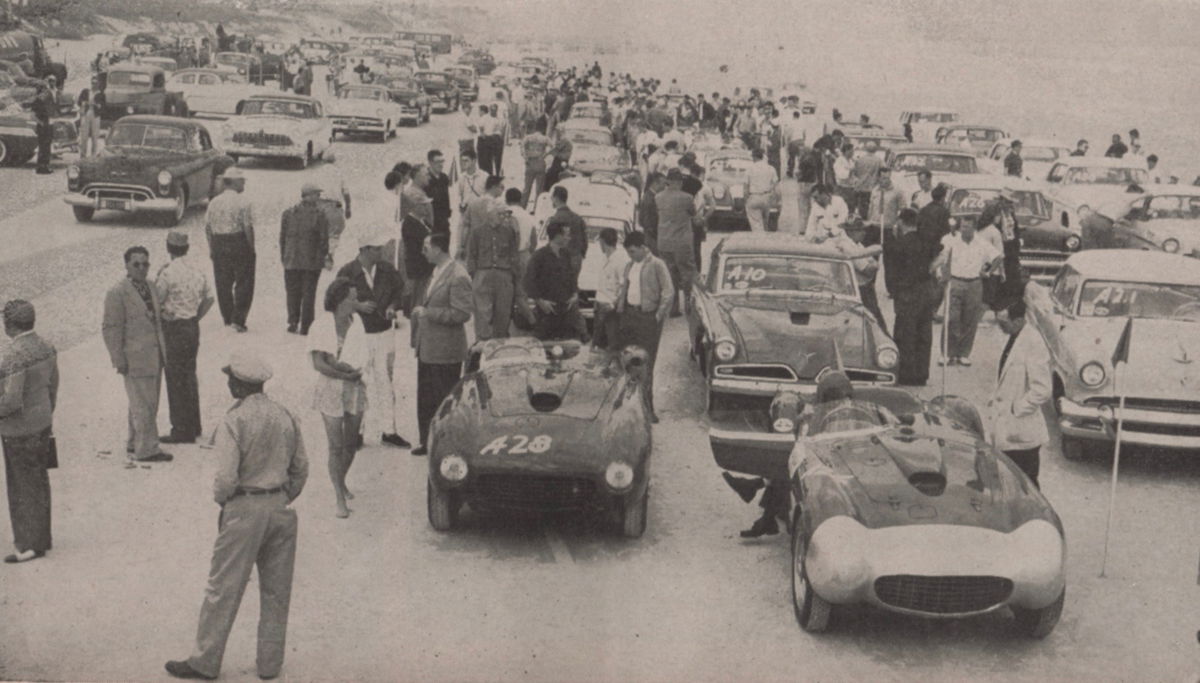



Throughout the years, motorsport has consistently remained the most fatal sport known to mankind. ‘Wrecks,’ ‘crashes,’ and ‘balls of fire’ are some commonly associated words when it comes to NASCAR. Beneath the deaths of iconic motorsport figures like Ayrton Senna, Dale Earnhardt, and James Hunt lie many lesser-known tragedies that often get lost in the chapters of history. One such tragedy is that of Al Briggs.
Watch What’s Trending Now!
Alfred Briggs came from a humble blue-collar family. Being the son of a mechanic, he always had a knack for cars and engines. Back in the day, no one was really a full-time racer professionally; everyone had day jobs and maybe showed up at a few races on the weekends. Such was the case for Briggs, a WW-II veteran working as a truck driver who then started enlisting for races.
A dark day at sunny Daytona
On a day when legends like Ralph Moody, Lee Petty, Fireball Roberts, Speedy Thompson, and Jimmy Thompson were in attendance, one would think they were going to witness the biggest racing event of the year. Unfortunately, little did the people there know they were going to witness one of the darkest tragedies in NASCAR history.
Back in the day, the Modified Division was a more popular series in NASCAR than the Cup Series as we know it today. Al Briggs had enlisted to race in the Daytona event that day, along with emerging drivers like Earl Moss, Banjo Mathews, and race favorite Cotton Owens. The race started with iconic drivers like Ralph Moody and Jimmy Thompson in the front, forming the positions in the race.

Everything was going great until lap 17 when suddenly Briggs found himself on a narrow asphalt, and Jimmy Thompson was fighting for position. That is when disaster struck, sending chills down the audience’s spine. Briggs accidentally bumped into the rear left fender, sending Thompson rolling into the bushes. Briggs lost his balance, and his car spun out.
Behind him was Cotton Owens, who couldn’t control his car and rammed straight into Briggs’ car, setting both vehicles on fire. Another driver, Jack Bower, tried to avoid the wreck and drove straight into the spectator area, crashing into one of the spectator’s cars. This caused chaos on and off the track, and everyone ran to help each other.
The heroism of Cotton Owens and the aftermath
Cotton Owens crawled out of his burning car and ran straight to rescue Briggs, pulling him out to safety. Owens quickly rushed Briggs to the sand, rolling him on top of it to put out the fire. By this time, Briggs was already reduced to char throughout his body. Despite Owens’ heroic efforts, Briggs succumbed to his injuries just hours later.
The crash led to the race being called off, and Briggs that day, became the seventh driver fatality in just eight years of the Modified Division, highlighting the urgent need for safety regulation reform. NASCAR’s safety evolution began in these early years, inspired by the sacrifices of those who risked their lives on the track.
The death of Al Briggs in the 1955 Daytona Beach race remains a dark chapter in NASCAR’s history. It served as one of the earliest catalysts for safety reforms that eventually led to the sport’s evolution. The legacy of lesser-known drivers like Briggs and Owens continues to influence NASCAR today, reminding us of the sacrifices that made the sport what it is today.


